|
Shadow of the Silk Road
By Colin Thubron Published in July 2008 400 Pages Thibault’s Score: 1/5 I’ve really had an incredible run of bad books lately. The reason why I didn’t like this book is my fault though. When I bought it, I only read the title, not the description. I was hoping to find a book about the history of the silk road. Instead, it is a travel book, recounting the adventures of Colin Thubron as he travels throughout the remnants of the silk road in modern day China. He mostly gives long winded and somewhat boring descriptions of places he visits. I’ve actually been to some of the places he describes in the book. I was not impressed by what he wrote at all. I quit reading this book roughly halfway through the second chapter.
0 Comments
Tamerlane: Conqueror of the Earth
By Harold Lamb Published in 1928 216 Pages Thibault’s Score: 1/5 These old fashioned history books really make me cringe. Instead of historiography, they make stuff up to fill the gaps. The book starts with this semi-anachronistic detailed description of Tamerlane’s early life. Nowadays, many non-Western historians blame turn of the century British writers for making up facts and perpetuating stereotypes. Harold Lamb is definitely guilty of this. I’ve read many Harold Lamb books, and they almost all suffer from the same problems. They are spiced up to make them more entertaining at the expense of truth. The dated pre-WW1 comparison at the beginning between Tamerlane and Mussolini made me laugh out loud. However, this book wasn’t cringy enough or entertaining to be worth reading. I didn’t finish it. The Origins of the Lost Fleet of the Mongol Empire
By Randall James Sasaki Published in February 2015 216 Pages Thibault’s Score: 1/5 I like technically detailed books. But sometimes, too much is too much. Yuan Sino-Mongol emperor Kublai Khan attempted several naval invasions of China. His army consisted of Mongols, Koreans, Chinese, and Muslim forces from every corner of the known world. Each time Kublai Khan’s armies attempted to attack China they faced serious military defeats on land. During these invasions, many ships were sunken and destroyed. In the late 1980s and early 1990s, underwater archeologists began the painstaking process of excavating and conserving the remains of Kublai Khan’s fleet. Randall James Sasaki, the Japanese-American author of this book, is one of the underwater archaeologist who excavated This book was a bit of a wasted opportunity. Sasaki concludes that the archeological finds are not particularly important. The conclusion is fine, however the book still could have been more interesting. For example, I would have loved to hear more about Sasaki’s individual experience as an underwater archeologist. He does devote some space to it, but I thought that there could have been more. I would have loved to hear about the team, the dangers of the trade (if any), issues they faced, etc… Reading about the process of sorting through the recovered debris was interesting, but boringly written. Most of the archeology consists of sorting and classifying the wooden debris of the Yuan ships. Among the debris several objects and remains of objects were also found. They reflect the utilitarian military nature of the expedition, as they are all ornamented. Their diversity also reveals the multicultural nature of the expedition. This book may literally be the most boring history book I have read since I started this blog. The tragedy is that the topic is fascinating. The Secret History of the Mongol Queens: How the Daughters of Genghis Khan Rescued His Empire
By Jack Weatherford Published in 2010 318 Pages Thibault’s Score: 4/5 This fascinating book really changed my perception of the Mongol era. The history of the Mongol and steppe nomad treatment of women is fascinating. On one hand, this book describes a semi-matriarchal society where women control vast trade empires. On the other, there are horrible incidents where thousands of women are raped, stripped naked, and forced to fight each other to the death for the entertainment of soldiers. Another interesting aspect is that of historiography. There are dozens of books, documentaries, and movies that have been made about the lives and times of Chinggis Khan. Very few cover the later Mongol period, after the empire fractures in 1241. The latter 2/3s of the book cover the period of time from 1242 until 1509 when women seize control of the various fragments of the empire, and enjoy mixed success in maintaining the progress made by Chinggis Khan and his successors. Mongol society is constantly confronted with the paradoxes of reproduction by forcible rape and matriarchical management of society. It is a society where the worst atrocities committed against lower class women are ordered on the whims of higher class women. Mongol society is almost impossible to classify as either pro or anti-woman by modern women's rights standards. The atrocities committed against women are very hard to understand for moderns living in a more civilized age. The power exerted by women is somewhat familiar in our world, although it is far less ubiquitous than the influence of women during this time. I appreciate that Weatherford makes a serious effort to take a nuanced view. The book neither glosses over nor exaggerates either the pro or anti Mongol side. Instead, Weatherford understands that practices differ by time and place within the vast collection of post-Mongol states. This is by far one of the most interesting books that I have read about the Mongol empire. If there is only a single book that someone would read about the Mongols it would be this one. Defending Heaven: China’s Mongol Wars 1209 - 1370
By James Waterson Published in June 2013 272 Pages Thibault’s Score: 4/5 Overall, I very much enjoyed this book. It is an incredibly informative read, however my lack of background knowledge about Chinese history didn’t make it as productive as it could have been. However, in terms of understanding Western history as well as the Mongols, this book could not have been any better. First, I was fascinated to learn that Chinese Song Dynasty in the Middle Ages had a fully formed state. One chapter in particular struck me: the government has well organized ministries and departments. One of these ministries deals with tea, the other with the acquisition of war horses for the army. These two departments were merged with the goal of facilitating the acquisition of horses. The scheme involved buying tea from peasants at below market rates then bartering using the tea with non-Chinese groups like the Tibetans for horses. What is fascinating is how modern this scheme sounds. It is unlike anything I have come across in my studies of European and Middle Eastern history during this period. China appears to have been a society governed by laws and officials more similar to ours than to the relationship-based lawless anarchy of medieval Europe. The Mongols, and the Mongol Yuan Dynasty, by contrast are far more similar to the more primitive forms of governance that I have encountered elsewhere. Waterson argues that the Chinese Song Dynasty had a fully formed state, while all subsequent dynasties until the 19th century reverted to feudalism. He blames long lasting Mongol influence for the destruction of China, and the subsequent long term stagnation of the nation. Waterson also insinuates that the anti-Yuan resistance was essentially proto communist, while the Mongols were mercantile capitalists. He also uses the Mongol invasions to make convincing explanations about the origins of various modern Chinese cultural flaws such as its xenophobia. Defending Heaven is mostly focused on military themes. Although the book is well written, clear, and has great nuggets, I wished it focused less on the military aspects of the conflict and more on the economic and social dimensions of the conflict. Overall, I enjoyed the read, and recommend it highly to anyone interested in studying Mongol history. However, I personally found it difficult to follow due to my lack of background knowledge about medieval China. |
Thibault SerletMost of my articles are book reviews, but I also write about many other topics. Archives
December 2023
Categories |
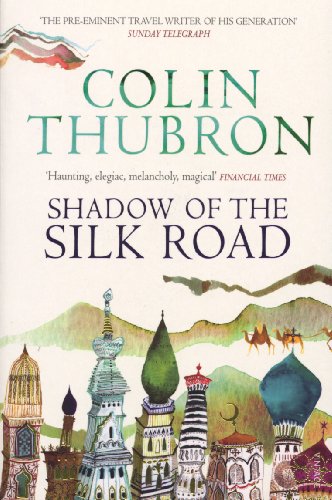
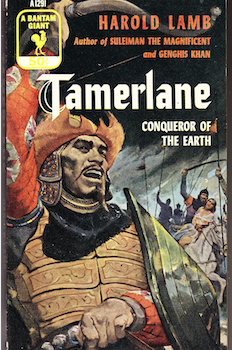
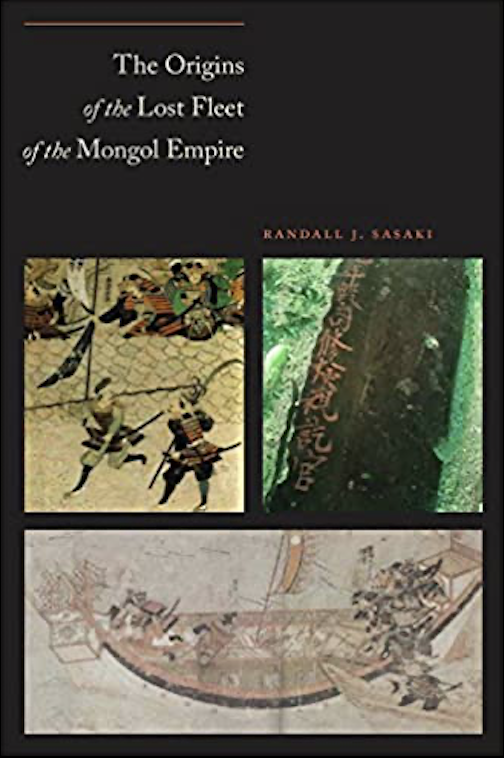
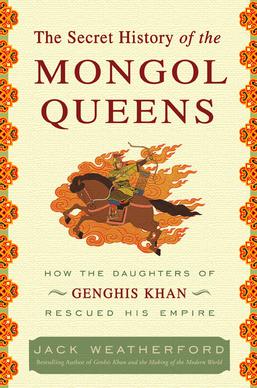
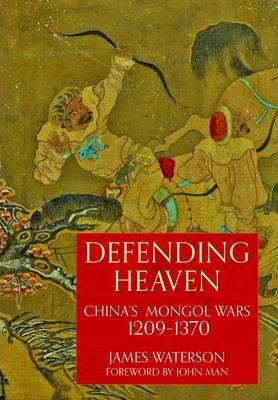
 RSS Feed
RSS Feed